
Timeline
Title
Country/Nationality
W. Somerset Maugham
William Somerset Maughamwas an English playwright, novelist, and short-story writer. He was among the most popular writers of his era and reputedly the highest-paid author during the 1930s.
During the First World War, he served with the Red Cross and in the ambulance corps before being recruited in 1916 into the British Secret Intelligence Service. He worked for the service in Switzerland and Russia before the October Revolution of 1917 in the Russian Empire. During and after the war, he travelled in India, Southeast Asia and the Pacific. He drew from those experiences in his later short stories and novels.
Maugham's masterpiece is generally agreed to be Of Human Bondage, a semi-autobiographical novel that deals with the life of the main character Philip Carey, who, like Maugham, was orphaned and brought up by his pious uncle. Philip's clubfoot causes him endless self-consciousness and embarrassment, echoing Maugham's struggles with his stutter and, as his biographer Ted Morgan notes, his homosexuality.
Two of his later novels were based on historical people: The Moon and Sixpence is about the life of Paul Gauguin, and Cakes and Ale contains what were taken as thinly veiled and unflattering characterisations of the authors Thomas Hardy (who had died two years previously) and Hugh Walpole. Maugham himself denied any intention of doing this in a long letter to Walpole: "I certainly never intended Alroy Kear to be a portrait of you. He is made up of a dozen people and the greater part of him is myself"—yet in an introduction written for the 1950 Modern Library edition of the work, he plainly states that Walpole was the inspiration for Kear (while denying that Thomas Hardy was the inspiration for the novelist Driffield). Maugham's last major novel, The Razor's Edge (1944), was a departure for him in many ways. While much of the novel takes place in Europe, its main characters are American, not British. The protagonist is a disillusioned veteran of the First World War, who abandons his wealthy friends and lifestyle, travelling to India seeking enlightenment. The story's themes of Eastern mysticism and war-weariness struck a chord with readers during the Second World War. It was adapted into a major motion picture, released in 1946, starring Tyrone Power as Larry Darrell, with Herbert Marshall as W. Somerset Maugham. Another film adaptation was issued in 1984, starring Bill Murray.
Maugham has been described both as bisexual and as homosexual. In addition to his 13-year marriage to Syrie Wellcome, he had affairs with other women in his youth.
In later life Maugham was exclusively homosexual and lived successively with two men. Frequently quoted in this connection is Maugham's statement to his nephew Robin:
I tried to persuade myself that I was three-quarters normal and that only a quarter of me was queer—whereas really it was the other way around.
— W. Somerset Maugham, (Maugham, Robin 1970), quoted in Hastings 2010, p. 39
In June 1917, Maugham was asked by Sir William Wiseman, an officer of the British Secret Intelligence Service (later named MI6), to undertake a special mission in Russia. It was part of an attempt to keep the Provisional Government in power and Russia in the war, by countering German pacifist propaganda. Two and a half months later, the Bolsheviks took control. Maugham subsequently said that if he had been able to get there six months earlier, he might have succeeded. Quiet and observant, Maugham had a good temperament for intelligence work; he believed that he had inherited from his lawyer father a gift for cool judgment and the ability to avoid being deceived by facile appearances.
Maugham used his spying experiences as the basis for Ashenden: Or the British Agent, a collection of short stories about a gentlemanly, sophisticated, aloof spy. This character is considered to have influenced Ian Fleming's later series of James Bond novels. In 1922, Maugham dedicated his book On A Chinese Screen to Syrie. This was a collection of 58 ultra-short story sketches, which he had written during his 1920 travels through China and Hong Kong, intending to expand the sketches later as a book.
Books by W. Somerset Maugham
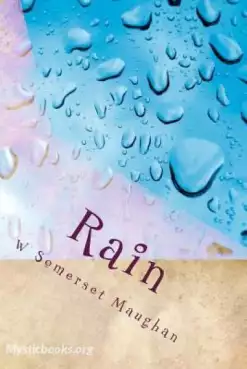
Rain
"Rain" is a short story by the British writer W. Somerset Maugham. It was originally published as "Miss Thompson" in the April 1921 issue of the American literary magazine The Smart Set. The story is set on a Pacific island: a missionary's determina...
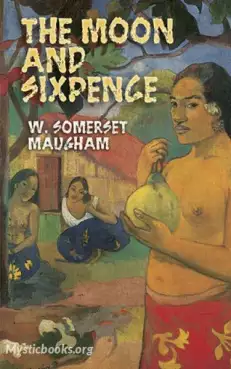
The Moon and the Sixpence
The Moon and Sixpence is a novel by W. Somerset Maugham, first published on April 15, 1919. It is told in episodic form by a first-person narrator in a series of glimpses into the mind and soul of the central character, Charles Strickland, a middle-a...
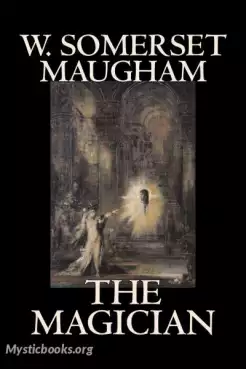
The Magician
The Magician is a novel by British author W. Somerset Maugham, originally published in 1908. In this tale, the magician Oliver Haddo, a caricature of Aleister Crowley, attempts to create life. Crowley wrote a critique of this book under the pen name...
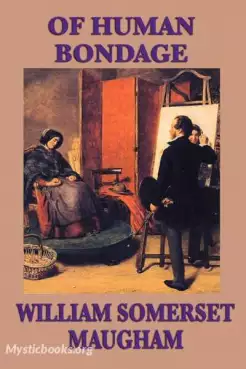
Of Human Bondage
Of Human Bondage is a 1915 novel by W. Somerset Maugham. It is generally agreed to be his masterpiece and to be strongly autobiographical in nature, although Maugham stated, "This is a novel, not an autobiography; though much in it is autobiographica...
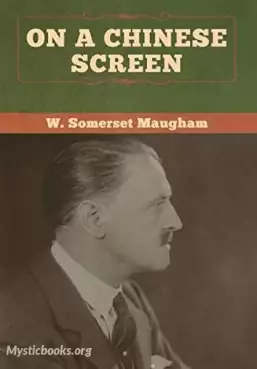
On a Chinese Screen
It is a series of short sketches Maugham made during a trip along the Yangtze River in 1919–1920, and although ostensibly about China the book is equally focused on the various westerners he met during the trip and their struggles to accept or adapt...
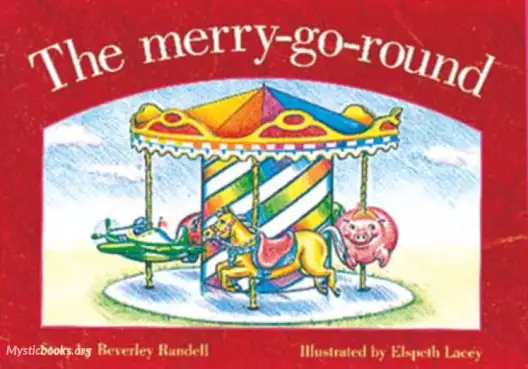
The Merry-Go-Round
Basil Kent marries Jenny Bush, because he believes that is the honourable thing to do after getting her pregnant, but he realizes that he is really in love with Hilda Murray. Grace Castillyon, an established married woman of position, has fallen hope...

The Painted Veil
The Painted Veil is a novel by British author W. Somerset Maugham. The title is a reference to Percy Bysshe Shelley's 1824 sonnet, which begins "Lift not the painted veil which those who live / Call Life". The biographer Richard Cordell notes that t...

Lady Frederick, a Comedy in Three Acts
It is a witty and entertaining comedy in three acts that tells the story of a woman's struggle to maintain her independence and identity in the face of societal expectations and conventions. Written in 1907, "Lady Frederick" is set in Victorian Engl...
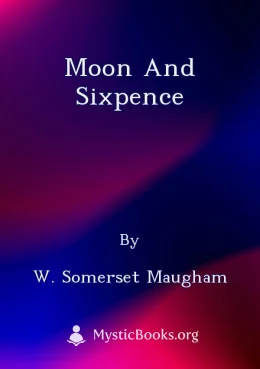
Moon and Sixpence
**The Moon and Sixpence** is a novel by W. Somerset Maugham, first published in 1919. The story is based on the life of the painter Paul Gauguin, and follows the life of Charles Strickland, a middle-aged stockbroker who abruptly abandons his wife and...
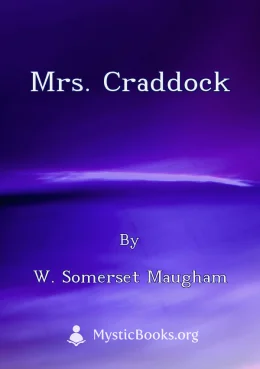
Mrs. Craddock
Mrs. Craddock is a novel that explores the complexities of desire and social convention in Victorian England. The story follows the lives of two individuals from different social classes who are drawn to each other, but find themselves bound by socie...
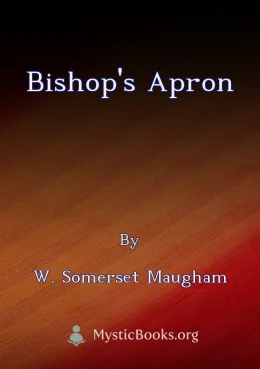
Bishop's Apron
In "Bishop's Apron", W. Somerset Maugham crafts a witty and biting social commentary on the aspirations, hypocrisies, and complexities of the Victorian clergy. The story centers around Canon Spratte, a self-important clergyman consumed by the desire...
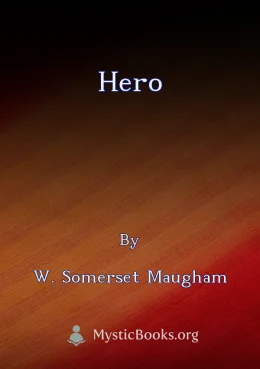
Hero
In W. Somerset Maugham's 'Hero,' James Parsons returns to his quaint English village of Little Primpton after serving in the Boer War, decorated with the Victoria Cross for his bravery. The community hails him as a hero, but for Jamie, his wartime ex...
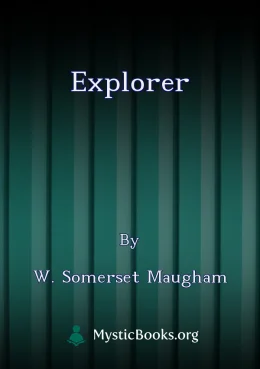
Explorer
Explorer tells the story of Lucy Allerton and Alec MacKenzie, whose romantic entanglement is complicated by their deep-seated sense of morality and family obligations. The novel explores the tension between personal desires and the social norms that...
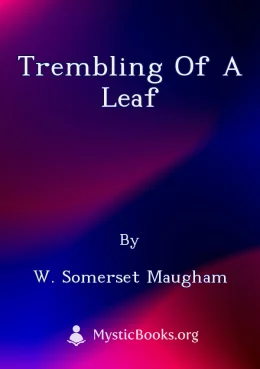
Trembling of a Leaf
The stories in *Trembling of a Leaf* depict the lives of Europeans encountering the complexities of South Sea Island culture and society. Maugham's prose, infused with his signature wit and psychological insight, navigates themes of cultural differen...
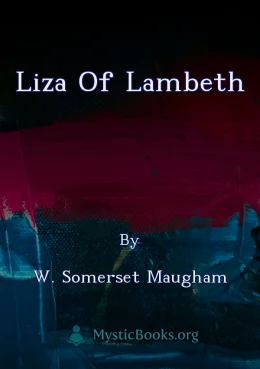
Liza of Lambeth
Set in the impoverished slums of late 19th-century London, "Liza of Lambeth" follows the life of Liza, an 18-year-old factory girl. The novel explores themes of poverty, love, and the societal pressures faced by working-class individuals. Liza's stor...
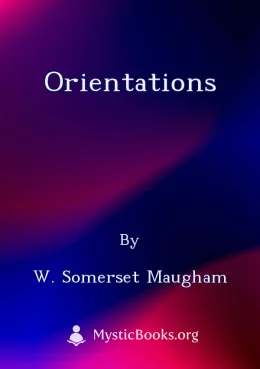
Orientations
'Orientations' offers a glimpse into W. Somerset Maugham's early literary endeavors, showcasing his burgeoning talent for crafting compelling narratives. The collection features a selection of short stories that demonstrate Maugham's keen eye for obs...
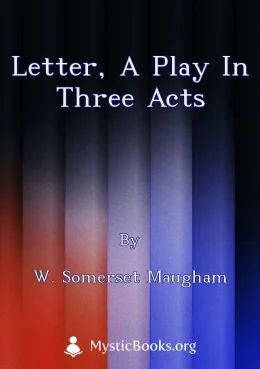
Letter, A Play in Three Acts
Set in colonial Malaya, "The Letter" follows Leslie Crosbie, the wife of a plantation manager. Accused of shooting a man who she claims attempted to assault her, Leslie faces a challenging legal battle. Her defense seems straightforward until a black...